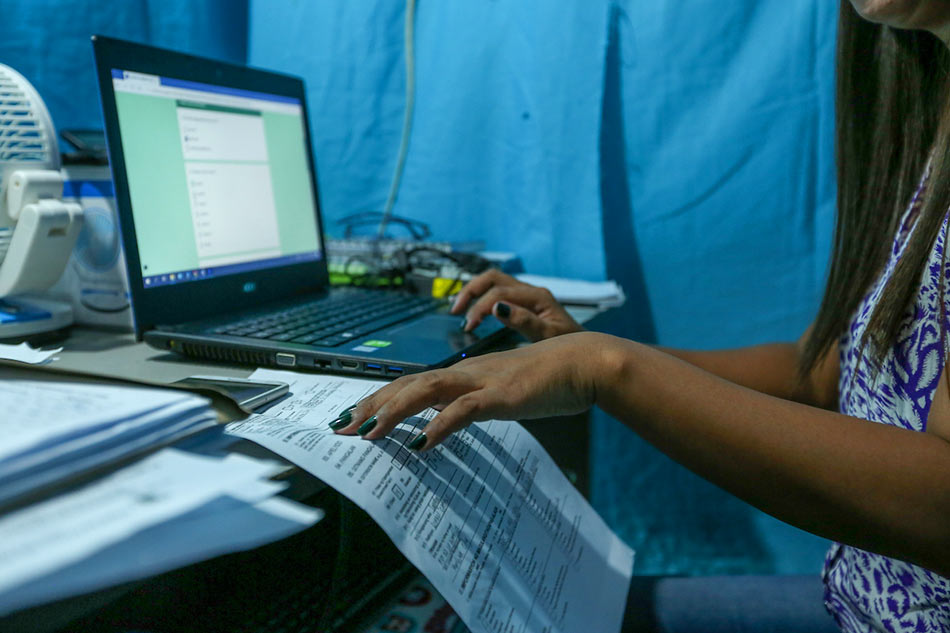Almost 99% of learners passed during first quarter: DepEd
By Deighton Acuin
 |
| PHOTO: ABS-CBN News |
An official from the Department of Education (DepEd) on Wednesday said almost 99 percent of learners — except from Ilocos and Bangsamoro Regions — have obtained passing grades during the first grading period of school year 2020-2021.
“Even if this is a high percentage, we feel that the number of those who had failing grades is also significant -- more than 100,000,” Education Undersecretary Diosdado San Antonio told senators in a hearing on proposed face-to-face classes.
Senate Committee on Basic Education, Arts, and Culture Chairperson Sherwin Gatchalian said he found it was “quite surprising” almost all learners have passed, considering they are now under home-based learning.
He asked San Antonio: “Does this mean they are learning and in fact absorbing all the lessons?”
“If we base the interpretation on the grades that were given by the teachers, the learners seem to be learning,” the DepEd official said.
Gatchalian replied: “You don’t sound convinced yourself.”
San Antonio said they failed to get reports from school divisions in Ilocos and Bangsamoro regions.
San Antonio denied the remark and reasoned instead that the high rate may be due to measures that foster academic ease, such as allowing learners who miss the deadlines for submission of academic requirements to do make-up activities.
He also said grades were based on performance tasks and written outputs only. Periodical tests were also removed because they cannot be administered in a “very reliable way.”
Senator Nancy Binay brought up reports about parents answering their children’s materials after San Antonio presented the data on children who passed during the first quarter.
San Antonio, in response, said this type of cheating is one of their “apprehensions” before they implemented the blended learning approach this academic year, but admitted it is out of their control.
“We were very clear that this school year, since (schooling is) home-based siya, is the best time to teach honesty to children. This is something beyond the control of the Department of Education. If the parents want to develop cheats, hindi na po natin iyon maso-solusyunan,” he said.
Binay said it would be “interesting” if there are needs to put premium on teaching values of honesty these days by finding out the number of teachers who caught parents in answering their children’s learning activity materials.
Basic education classes resumed in October last year under blended learning which involves a mix of internet-based sessions, radio and TV broadcasts, and printed self-learning modules. Classes in other levels are also mostly held online.
Last year, President Rodrigo Duterte banned traditional face-to-face classes until a COVID-19 vaccine becomes available. But he has since allowed limited face-to-face classes in medical and allied health programs in higher education institutions, in-person training and assessments at the Technical Education and Skills Development Authority and other technical-vocational institutions, and physical attendance of medical interns at the Philippine General Hospital.
RELATED ARTICLE: CNN Philippines
